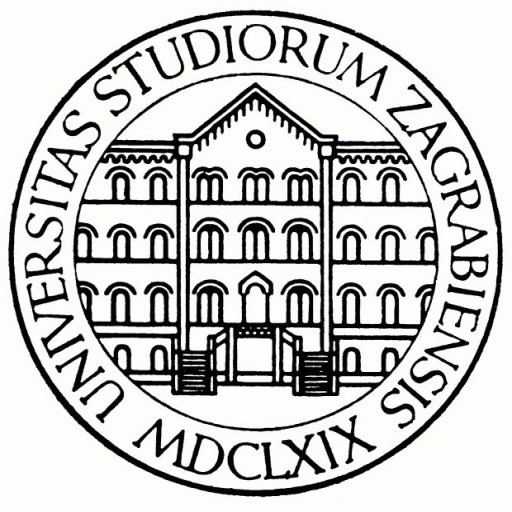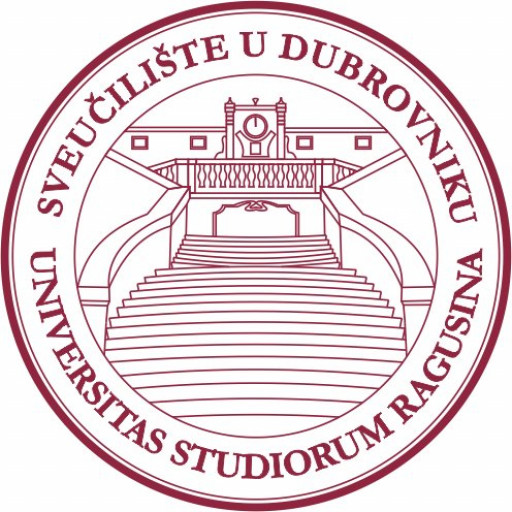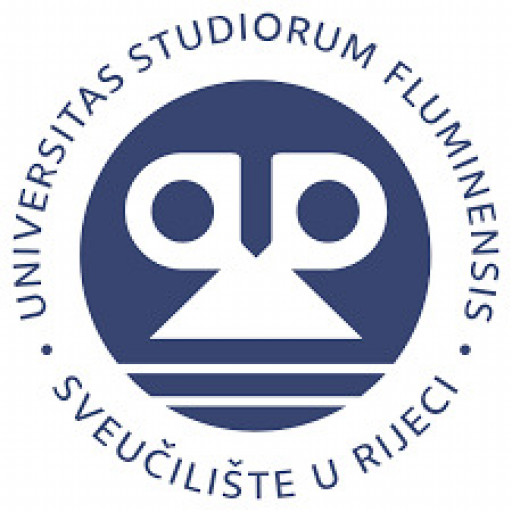The Medical Studies at the University of Zagreb are designed to provide students with comprehensive education and training in the field of human medicine. This program aims to prepare future physicians with the necessary knowledge, skills, and competencies to deliver high-quality healthcare services. The curriculum integrates theoretical foundations with practical applications, ensuring that students acquire an in-depth understanding of human anatomy, physiology, pathology, pharmacology, and clinical medicine. Throughout the program, students engage in a variety of learning activities, including lectures, seminars, laboratory exercises, and supervised clinical practice in affiliated hospitals and healthcare institutions.
The program emphasizes a multidisciplinary approach, fostering skills in critical thinking, problem-solving, and effective communication, which are essential for patient care. Students are encouraged to develop professional ethics and a patient-centered attitude, aligning with international standards in medical practice. The duration of the program is typically six years, culminating in the acquisition of a medical degree (MD) which qualifies graduates to pursue specialization and further training in various medical fields.
The University of Zagreb's Medical Studies program is recognized for its academic excellence and commitment to research, innovation, and lifelong learning. Graduates are prepared to work in diverse healthcare settings, contribute to medical research, and participate in continuous professional development. The program also offers opportunities for international exchange and collaboration, enhancing students’ global perspective on healthcare issues. Upon successful completion, students receive a medical degree that authorizes them to apply for licensure and begin their journey as healthcare professionals committed to improving patient outcomes and public health.
Over the duration of the Medical Studies program at the University of Zagreb, students undertake a comprehensive curriculum designed to prepare them for a successful career in healthcare. The program combines rigorous theoretical coursework with extensive practical training, ensuring graduates develop a deep understanding of human biology, anatomy, physiology, pathology, and clinical medicine. Students begin with foundational subjects such as basic sciences, including biology, chemistry, and physics, which underpin advanced medical topics. As they progress, they delve into detailed studies of human anatomy, biochemistry, microbiology, pharmacology, and pathology, building a solid scientific base necessary for medical practice.
The program emphasizes the importance of clinical skills development early on, integrating classroom learning with practical experiences in hospitals, clinics, and medical research laboratories. Students participate in supervised clinical rotations across various specialties such as internal medicine, surgery, pediatrics, gynecology, psychiatry, and emergency medicine. These rotations provide vital exposure to patient care, diagnostic procedures, and treatment planning, fostering essential communication and decision-making skills.
Throughout their studies, students are engaged in problem-based learning, case studies, and simulation exercises that enhance critical thinking and clinical reasoning. The curriculum also incorporates courses on medical ethics, law, public health, and healthcare policies, ensuring well-rounded professional development. Additionally, students have opportunities to participate in research projects, encouraging innovation and an evidence-based approach to medicine.
The final years of the program focus heavily on clinical practice, with students applying their knowledge in real-world medical settings under expert supervision. Upon graduation, students are awarded a medical degree (Doctor of Medicine), qualifying them for registration as physicians. Graduates are equipped to pursue postgraduate specializations, further training, or careers in research and academia. The program aims to produce competent, ethical, and compassionate medical professionals ready to serve the health needs of society and contribute to advancements in medicine both locally and globally.
The admission procedure for all prospective applicants comprises:
- Evaluation of the secondary school grades.
- Written exam in Biology, Chemistry and Physics. Requirements for the entrance exam can be found here.
- The following applicants may be exempted from the entrance exam:
- Applicants who have completed a pre-medical college or passed internationally recognized exams (MCAT – with minimal score 125 for each section)
- Applicants who have earned a BA/Bsc degree in natural sciences with good credits in Biology, Physics, Chemistry
- Applicants who have taken SAT Subject Tests in Biology, Physics and Chemistry, with the minimal score 600 in each subject
- Applicants who have taken the Biomedical Admissions Test (BMAT)
- Candidates who are neither native speakers of English, nor have graduated from an English-speaking secondary school or college are required to take an internationally recognized English language proficiency test (TOEFL – paper based test 500, internet based test 60, computer based test 170, IELTS – 6). Cambridge and Oxford English language exams and certificates issued by (foreign) language schools (C1 level) are also accepted, as well as certificates of English language proficiency issued by a secondary school a candidate attended.
The Medical Studies program at the University of Zagreb is primarily financed through a combination of public funding provided by the Croatian government, tuition fees paid by students, and additional funding sources such as European Union grants and research project subsidies. As a publicly funded university, the University of Zagreb benefits from government allocation aimed at supporting higher education and biomedical research, which helps maintain the quality of teaching, clinical practice, and research activities integral to medical education. Croatian citizens and residents generally pay lower tuition fees, often subsidized to ensure accessibility for local students, while international students may pay higher fees, subject to specific regulations and agreements.
The fees for international students are determined annually and are published on the university’s official website. The funds collected from tuition are used to enhance educational infrastructure, support laboratory and clinical facilities, and finance faculty salaries. The program also receives funding through competitive research grants, which support innovative biomedical research projects and contribute to advancing the curriculum with the latest scientific findings. Additionally, students may have opportunities for scholarships, grants, and financial aid, which are awarded based on academic merit or financial need, further supporting the accessibility and sustainability of the program.
Partnerships with hospitals and clinical institutions also generate revenue and reduce operational costs, thereby contributing to the program’s financial stability. The university occasionally applies for European Union structural funds and research initiatives dedicated to improving healthcare and medical education. These funds help expand research capacity, develop new teaching methods, and upgrade medical equipment and facilities. Overall, the financing structure of the Medical Studies program at the University of Zagreb is designed to ensure the provision of high-quality medical education, support cutting-edge research, and promote the training of competent healthcare professionals, with a balanced combination of public support, student contributions, and external funding sources.
The Medical Studies program at the University of Zagreb is a highly regarded undergraduate degree designed to prepare students for a career in medicine. The program typically spans six years and is structured to provide a comprehensive education in medical sciences, clinical practice, and research. Students engage in a rigorous curriculum that includes basic medical sciences such as anatomy, physiology, biochemistry, pathology, microbiology, and pharmacology, alongside clinical subjects like internal medicine, surgery, pediatrics, gynecology, and psychiatry.
Throughout their studies, students are offered practical training through lectures, seminars, laboratory work, and clinical rotations in affiliated hospitals and medical centers. This hands-on experience ensures that graduates are well-equipped with both theoretical knowledge and practical skills necessary for diagnosing, treating, and preventing various health conditions. The program emphasizes a patient-centered approach, medical ethics, and communication skills, preparing students to deliver high-quality healthcare and work effectively within multidisciplinary teams.
In addition to core coursework, students have the opportunity to participate in research projects, further enhancing their investigative competencies and fostering a scientific mindset. The program also encourages participation in international exchange programs and collaborations, enabling students to gain global perspectives on medical practice and healthcare policies.
Graduates of the Medical Studies program at the University of Zagreb are awarded a degree that qualifies them to sit for licensing examinations and pursue specialization training within Croatia and in many other countries. The university’s faculty consists of experienced professors and practitioners committed to academic excellence and student success. The program adheres to European standards for medical education, facilitating integration into the European Union's medical workforce.
Admission to the program is competitive and requires meeting specific academic criteria and passing entrance exams. Language of instruction is primarily Croatian, but there are options for courses and modules in English to accommodate international students. The university provides extensive support services, including academic advising, career guidance, and language assistance, to ensure students’ success throughout their studies. Upon graduation, students are prepared to enter various fields within healthcare, medical research, public health, and academia, contributing significantly to the health and wellbeing of society.
Overall, the Medical Studies program at the University of Zagreb offers a comprehensive, rigorous, and internationally recognized education that seeks to develop competent, compassionate, and innovative medical professionals ready to face the challenges of modern medicine.


